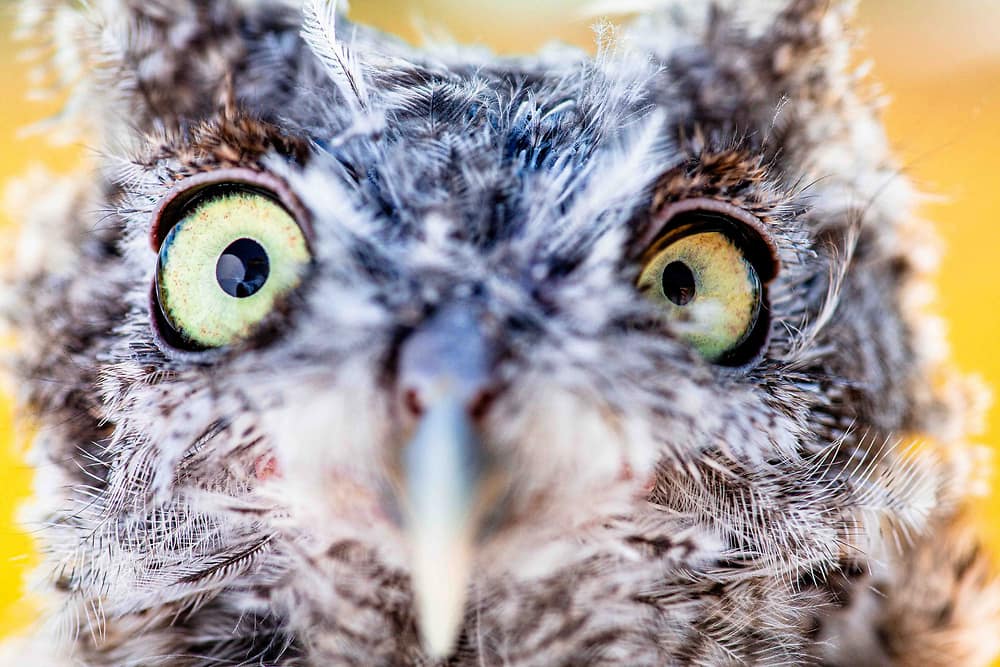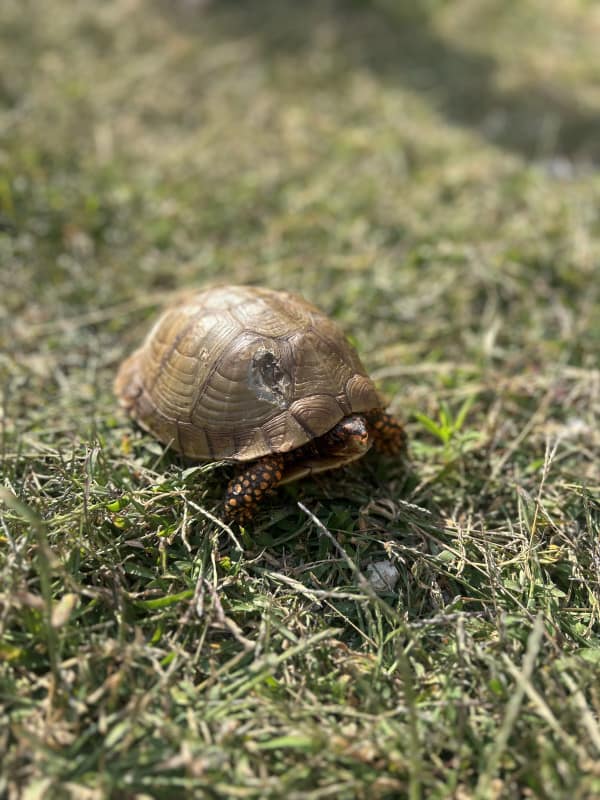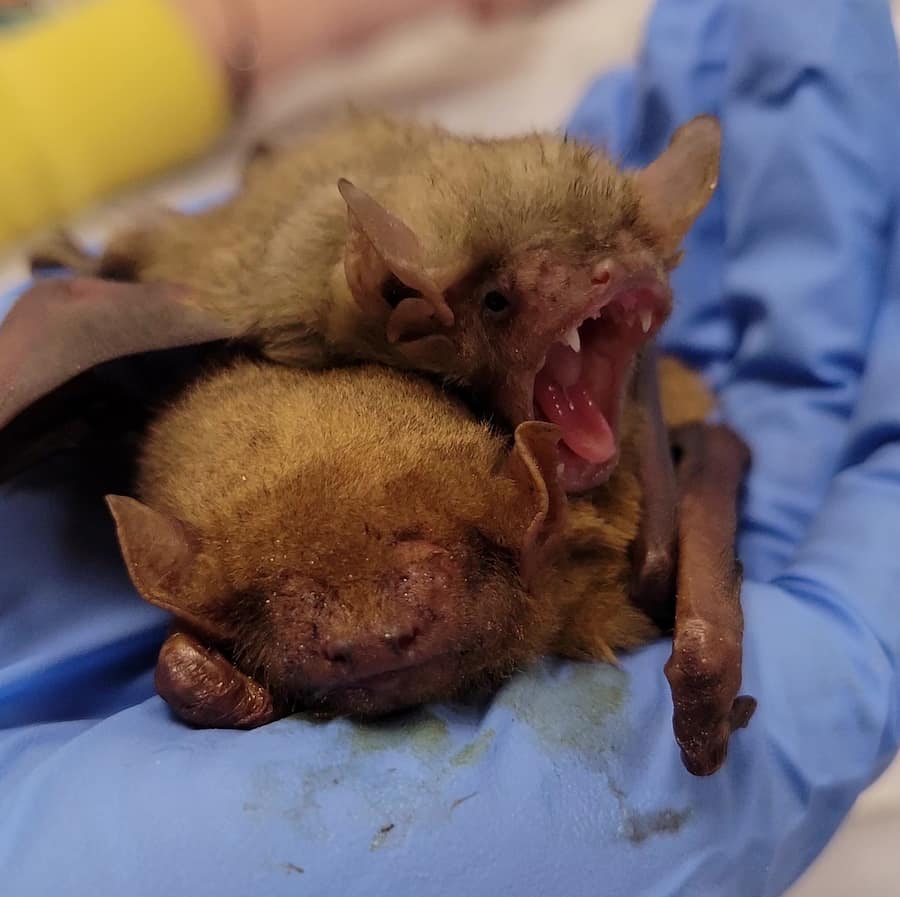While we tend to stay home and avoid the cold, wildlife have developed their own ways to spend the winter. Many birds migrate, traveling to warmer areas with plentiful food and shelter. Some wildlife may find a safe place to enter a sleep like state that helps them conserve energy during a time when food is scarce. This process can be torpor, true hibernation, or brumation, with each process characterized by differing levels of activity and lowered metabolism. Mammals, reptiles, and even birds can change their metabolism and activity as a strategy against the cold. In other cases, animals must eat what’s available in the given season. For example, even though lush prairies aren’t available in the winter, deer can still munch on twigs and grasses. Now that you’re familiar with these three ways animals cope with the cold, unscramble the names of animals that utilize each strategy!
Torpor or hibernation
ERAB
KSUKN
MCNKHPUI
Adaptation
LRSEIURQ
BIRATB
ECOTYO
Migration
UMIHBNDMRIG
WGHNITKHA
ERBWALR
Answers:
Torpor or hibernation
BEAR
SKUNK
CHIPMUNK
Adaptation
SQUIRREL
RABBIT
COYOTE
Migration
HUMMINGBIRD
NIGHTHAWK
WARBLER
Check out these articles to learn more about how animals spend the winter:
How Do Animals Survive Winter Hibernation
Some Animals Don’t Actually Sleep
National Geographic – Reindeer
Raccoons, Skunks, and Opossums
This article was made by Monika Liszka, Class of 2022






